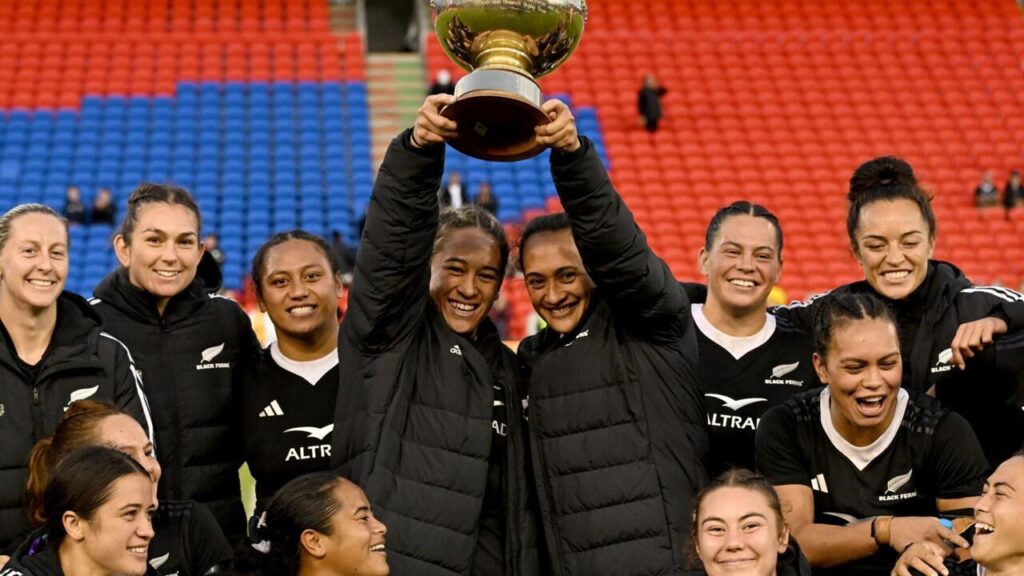The Women’s Rugby World Cup has set a new standard for how players connect with fans, and rugby leaders believe the men’s game can learn valuable lessons from it. Players in the women’s tournament have showcased their personalities, interacted with supporters, and created an atmosphere that has resonated far beyond the pitch.
Supporters have witnessed everything from players posing for selfies and signing autographs to teams bowing to the crowd in gratitude. These small but powerful gestures have contributed to a unique tournament atmosphere, with surveys showing that 90% of spectators – many attending rugby for the first time – are eager to return.
The experience has demonstrated that showing personality does not undermine performance. On the contrary, it appears to enhance the sense of joy and energy on the field. Dancing between teams after matches, social media interaction, and visible appreciation of fans are redefining the culture of rugby at the global level.
Rugby chiefs believe the men’s game should embrace these approaches rather than shy away from them. By the time of the men’s World Cup in Australia in 2027, the goal is to provide teams with evidence that engaging with fans is not a distraction but a performance enhancer.
The women’s tournament is also breaking new ground with attendance, with several final group-stage matches expected to sell out. The success has been underpinned by an improved quality of play. With the expansion from 12 to 16 teams, matches are delivering more action, including 22 additional passes on average, fewer knock-ons, and more tries compared to the last edition.
However, with the increased attention has also come challenges. Some players have faced online trolling, but athletes remain defiant in expressing themselves. For instance, players choosing to wear bows, ribbons, or makeup on the field have made it clear that their appearance does not diminish their ability or passion for the game. Tournament organizers are actively tackling abuse with AI-driven tools to identify and remove harmful content, stressing that online harassment will not be tolerated.
The women’s World Cup has proven that modern rugby thrives on inclusivity, creativity, and authenticity. By celebrating individuality and encouraging fan engagement, the sport is building a stronger and more welcoming future. The challenge now is for the men’s game to follow suit and embrace the same spirit.

